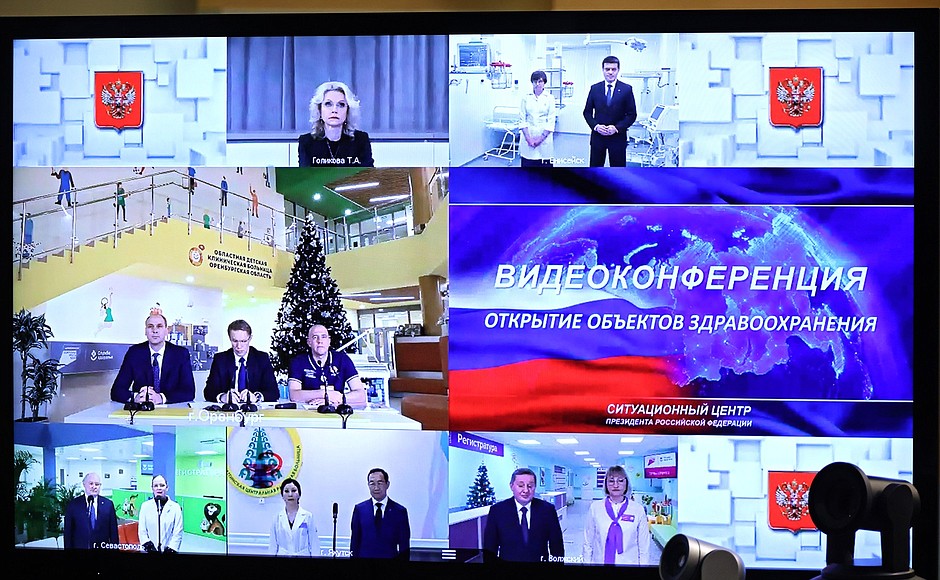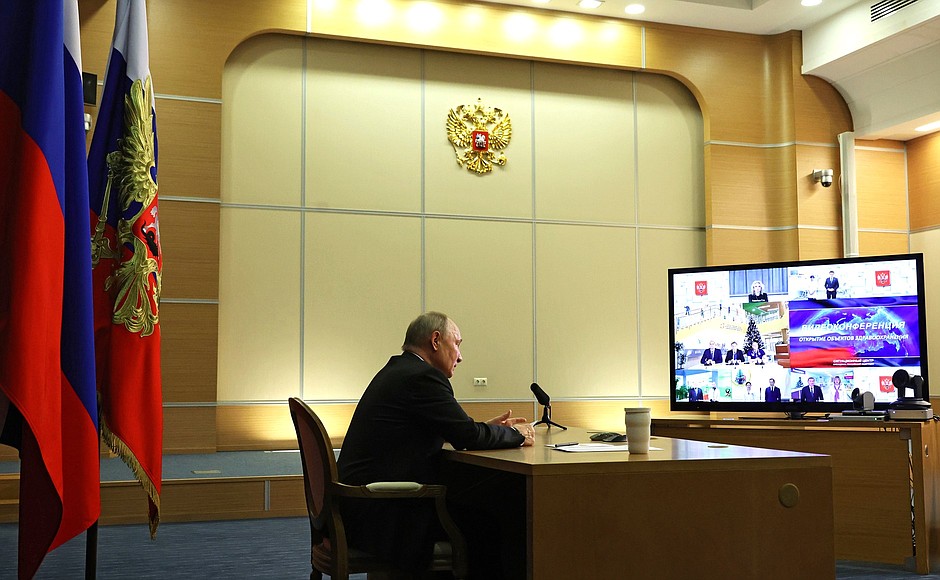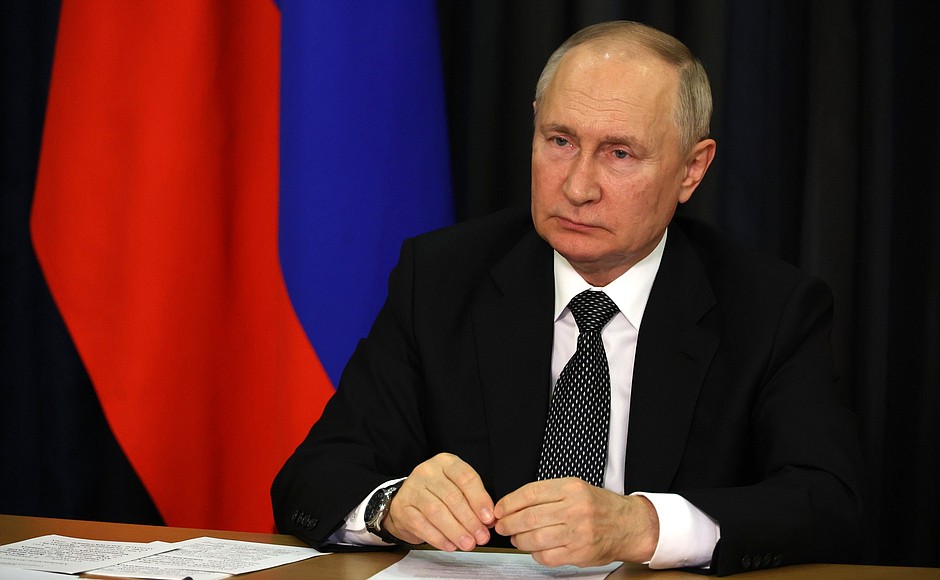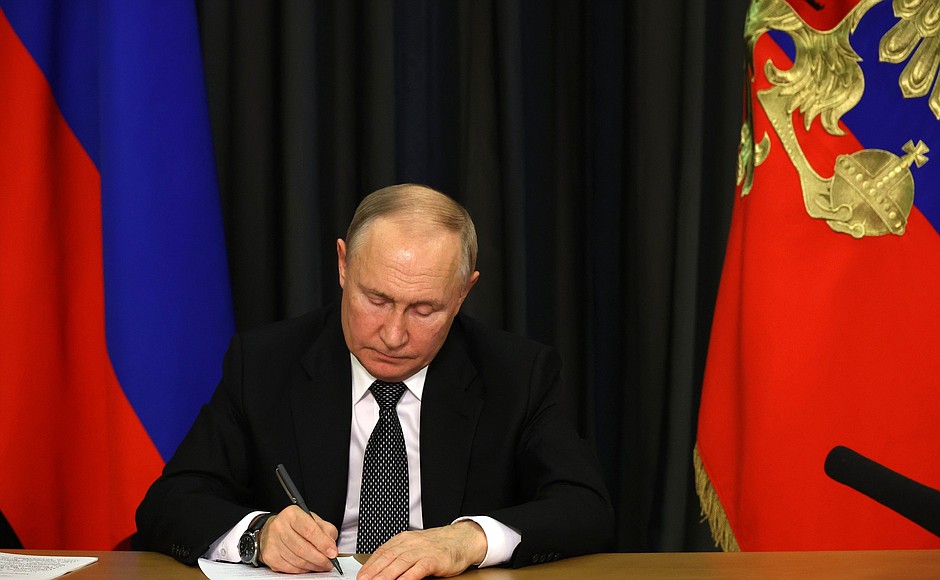The new facilities included the Orenburg Regional Children’s Clinical Hospital, City Hospital No. 5 – Mother and Child Health Centre in Sevastopol, the obstetric unit of the central district hospital in Yeniseysk, Krasnoyarsk Territory, and an outpatient clinic in the village of Ytyk-Kyuyol, the Republic of Sakha (Yakutia). Children's Polyclinic No. 2 in Volzhsky and two branches of Children's Polyclinic No. 31 in Volgograd were reopened after complete overhaul.
* * *
President of Russia Vladimir Putin: Colleagues, good afternoon.
Today we are opening a number of new healthcare facilities in several Russian regions – in Yakutia, Sevastopol, the Krasnoyarsk Territory, and in the Volgograd and Orenburg regions. We have just talked about this; and this issue was also raised during the discussion at the World Russian People's Council.
I would to thank everyone who helped build these facilities and equip them. I also wish success to the teams of these new medical centres, especially as they will be performing a very important mission, very significant for our future – they will be providing medical care to children and pregnant women. Families were what we just discussed at the congress.
See also
These cutting-edge and well-equipped hospitals and clinics represent fundamentally new quality of life standards. They reflect support for our citizens, young parents, Russian families; they are part of our consistent work to address demographic challenges. Again, preserving the people of Russia is our priority for generations to come.
I would like to remind you that we have identified improved quality and better access to medical care for mothers and children as one of the key priorities under the Healthcare national project, as well as under regional programmes to modernise the primary care system.
In total, during the implementation of these programmes from 2019 to 2024, 46 new children’s healthcare facilities will be put into operation across the country, including such large and multipurpose centres as the Orenburg Regional Children's Clinical Hospital, which we are opening today. In addition, about 750 healthcare institutions with children's departments will be built or modernised. This means, among other things, that the opportunities for providing specialised and high-tech care to pregnant women and children will be expanded, the conditions for hospital treatment will be improved, and the waiting time for a doctor’s appointment will be reduced.
The work we are doing is already yielding tangible results. Thus, we have managed to nearly halve infant mortality in the past decade. By the way, the mortality rate for children aged 0 to 17 also more than halved. The infant mortality rate is now at a historic low, and I think overall children’s mortality is also at a historic low.
Every year, the country provides more high-tech assistance to children and increases funding for the purchase of medications for children with serious and life-threatening chronic diseases, including through the Circle of Kindness Foundation specially created in 2021. I would ask Mr Murashko to report in more detail on the current situation with providing medical care to children.
In general, I would like to note that in recent years we have been steadily increasing the capacity of our medical institutions. Of course, we still have a lot to do, perhaps more than we have done already. But nevertheless, we are improving the entire domestic healthcare system. And this work will definitely continue.
Our goals and priorities here are well known: to ensure that citizens receive competent, timely medical care in every region of our large country, including small towns and villages, which we need to pay special attention to. The Government will continue to direct its efforts and significant funding towards solving these problems.
Once again, I congratulate everyone on today’s event. And I wish you success.
Mr Murashko, please take the floor.
<…>



